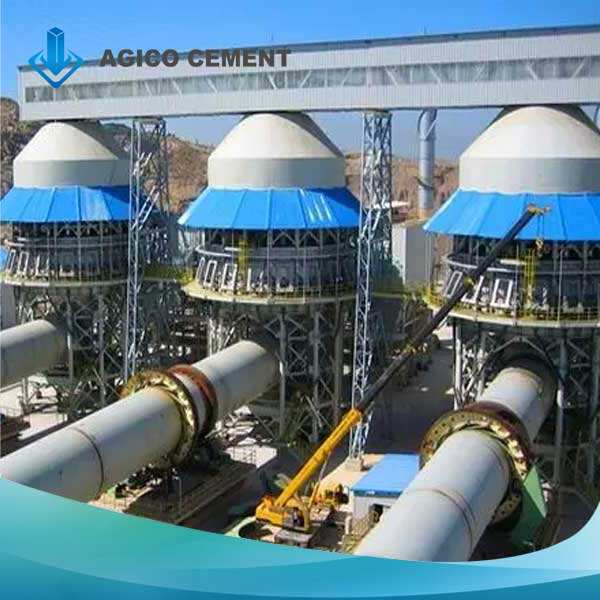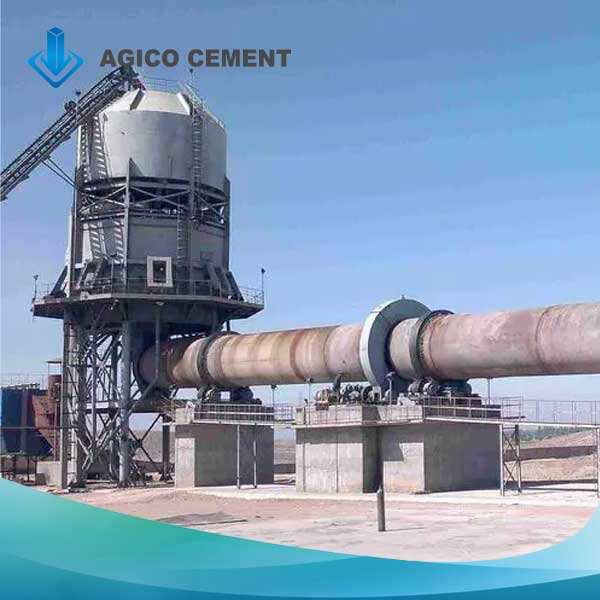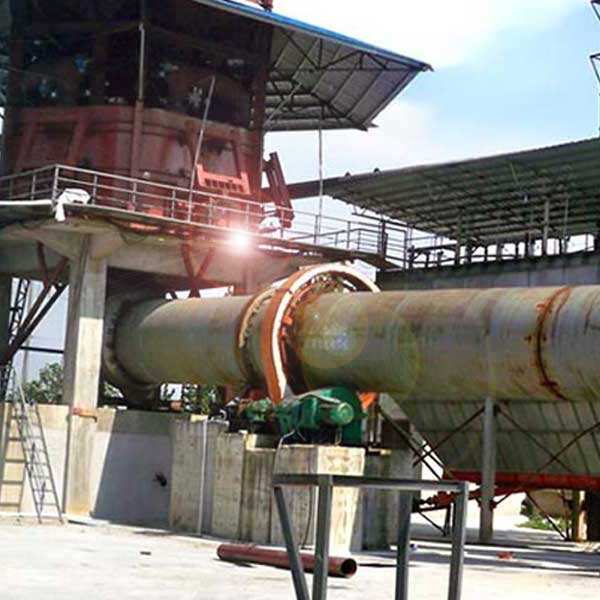A Cement Kiln is a large, powerful contraption that produces a powder: Cement. Cement is very necessary for many reasons! We use this to make things like homes, roads and bridge. All those buildings and structures we see out there need some sort of cement.
Cement cannot just be crushed up rocks and mixed together. Hi, it is not simple as that! So you need a lot of heat to get cement. Enter the Rotary Kiln: The Cement International Engineering rotary kiln is used to heat the materials meant for cement with such heat that they are converted into creamy matrix. This process of heating is known as calcination. By the time this material gets put in a kiln and tormented for ~ 2600 degrees, it becomes magic powder in the form of cement.

Importance of Cement for Building In Our World Today Concrete, the solid material that forms much of many buildings and structures we see every day like schools, hospitals and bridges. For example, without the invention of cement, our world would be entirely different and many things which we take for granted today wouldn't exist. One of them which is important for the construction sector, and that help us, are the Rotary Kilns.

There are many advantages of using a Rotary Kilns to make cement. For starters, Cement International Engineering cement rotary kiln is tremendously dependable robust machinery allowing them to work for a substantial amount of time without breaking. They are fully boiled and that is great because you do not need to fix them much. They are also operator friendly, which means operators can control the process easily and make them suitable if you need to change from one job to another. This versatility allows any Rotary Kiln to be used either for small productions of questioning volume, or large scale both wet and semi-wet process of cement manufacturing dictate the choice of sizes so that they may be most suited for varying applications alongside economic processing.

We live in a time where respecting our planet is really very important, and this also applies to making cement. These are the conditions that Cement International Engineering rotary lime kiln comes in and assist with as well. They are less energy-intensive—and therefore better for the environment—than other machines. It also decreases the cost of production, and will hence lower costs of cement for everyone. That's a win-win for the planet and the economy.
Since over 20 years have been dedicated Cement kiln is a rotary kilnresearch, design manufacturing installation lime-kiln. is full-automatic with the lowest cost f investment. e are trusted for high-quality and perfect service, and long-lasting lime Kiln.
company has been involved in design of programs, engineering design, special equipment provision, installation and commissioning, oven training employees starting up furnaces, as well as production reaching of an energy-efficient and sustainable lime shaft kiln. company has built activated kilns with various sizes that include 150m3, 170m3, 200m3, 350m3, 500m3, etc. kilns were opened successfully and produced stunning effect! Utilizing Cement kiln is a rotary kiln that is mature in the coke lime shaft kiln the gas-burning lime shaft is kiln has been developed, contract agreements have been signed withnumerous companies.
AGICO a professional technical team specializes in EPC turnkey projects that cover design, manufacture installation, debugging maintenance, many other Cement kiln is a rotary kiln. AGICO offers a full range on-sales pre-sales services, as well after-sales technical assistance.
For long time, AGICO has had professional technical team, mature production technology, and rich production experience, forming complete set shaft kiln production technology management systems, making energy-saving and environmental-protective lime shaft kiln technology perfect. technology is Cement kiln is a rotary kilnby minimal investment, high degree automation, and high quality of product. Additionally, has a low energy consumption as well as long furnace service lives. It has been extensively utilized metallurgy, nonferrous metals, chemicals, building products, other sectors, such as deep processing and other industries.